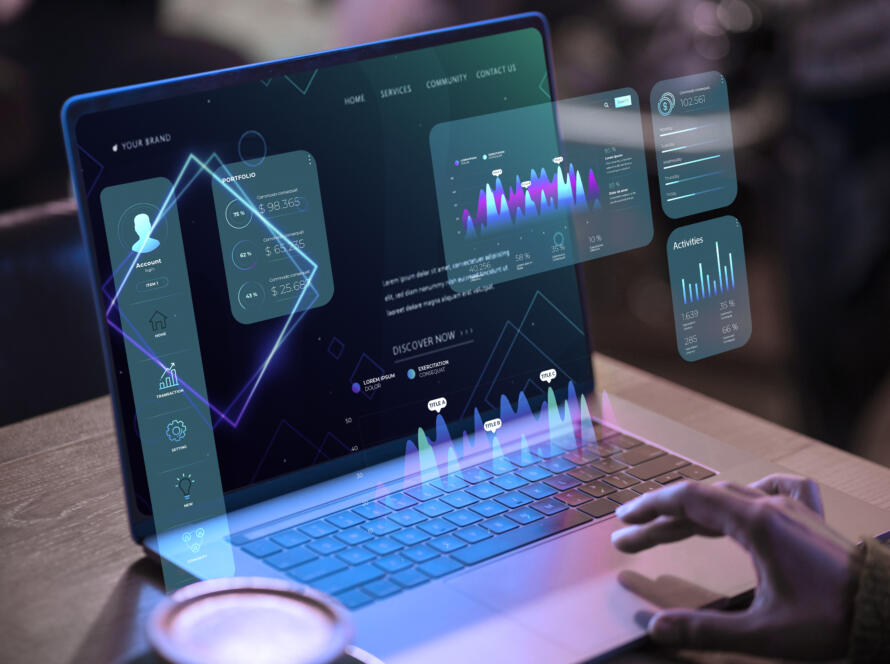Computing power has fueled every major technological advancement in human history. But
today’s classical computers, no matter how advanced, are reaching physical and theoretical limits.
Quantum computing represents a fundamental shift in how information is processed—one that
defies classical physics and allows computations that would take traditional supercomputers
millions of years.
By leveraging the strange laws of quantum mechanics, quantum computing can solve problems
previously thought impossible. Fields such as medicine, cryptography, artificial intelligence,
and material science will be transformed in ways we are only beginning to imagine.
How quantum computing works
SQubits and superposition
Unlike classical bits (which exist as either 1 or 0), qubits can exist in both states at once. This
phenomenon, called superposition, enables quantum computers to perform multiple calculations
simultaneously.
Quantum entanglement
Entangled qubits share an instantaneous connection, meaning a change in one affects the other,
regardless of distance. This allows quantum computers to process massive datasets far more
efficiently than classical systems
Industries quantum computing will revolutionize
- Drug discovery and material science
- Quantum computers can simulate molecular interactions, helping researchers design lifesaving drugs faster.
- Materials that are lighter, stronger, and more energy-efficient will be discovered through
quantum simulations.
- Cybersecurity and encryption
- Quantum encryption methods (QKD) ensure data transmission cannot be intercepted.
- However, quantum computers also pose a risk—current encryption methods could
become obsolete once quantum systems are powerful enough to break them.
- Artificial intelligence and machine learning
AI algorithms will be able to solve optimization problems in finance, logistics, and
manufacturing instantlyIndustries quantum computing will revolutionize
- Drug discovery and material science
- Quantum computers can simulate molecular interactions, helping researchers design lifesaving drugs faster.
- Materials that are lighter, stronger, and more energy-efficient will be discovered through
quantum simulations.
- Cybersecurity and encryption
- Quantum encryption methods (QKD) ensure data transmission cannot be intercepted.
- However, quantum computers also pose a risk—current encryption methods could
become obsolete once quantum systems are powerful enough to break them.
- Artificial intelligence and machine learning
AI algorithms will be able to solve optimization problems in finance, logistics, and
manufacturing instantly
Quantum systems will vastly improve AI model training, allowing for real-time deep
learning on an unprecedented scale.
Quantum systems will vastly improve AI model training, allowing for real-time deep
learning on an unprecedented scale.
Challenges to mainstream adoption
Limited practical applications (for now)
Quantum computing is still in its infancy, and while its potential is immense, commercial
applications are still being developed.
The future of quantum computing
Experts predict that within 20 years, quantum computing will completely transform industries,
solving problems that classical computers will never be capable of solving.
Error correction
Qubits are extremely unstable and require precise error-correction techniques to maintain
accuracy.
Extreme cooling requirements
Quantum processors need to be maintained at temperatures colder than space to function correctly.



